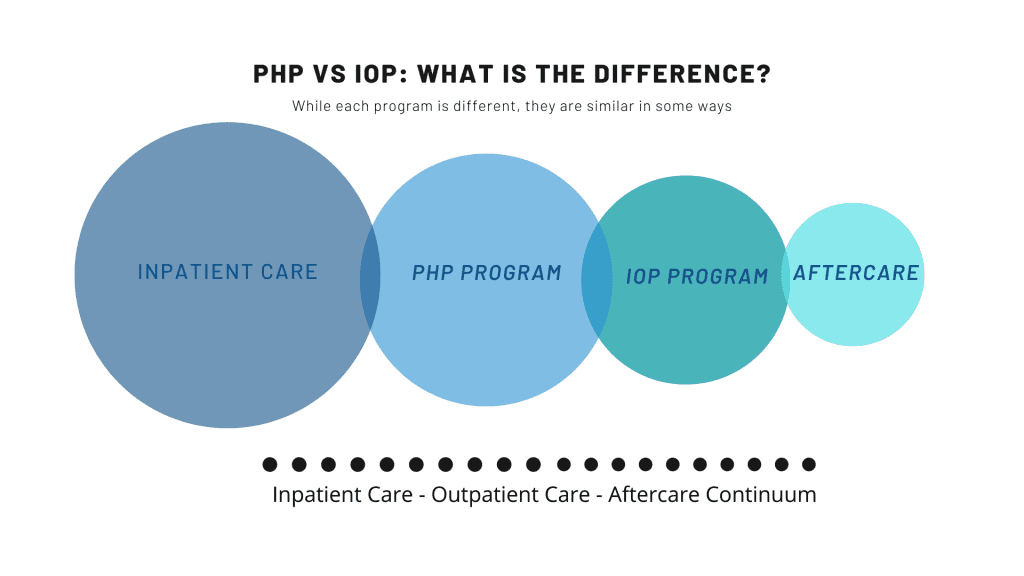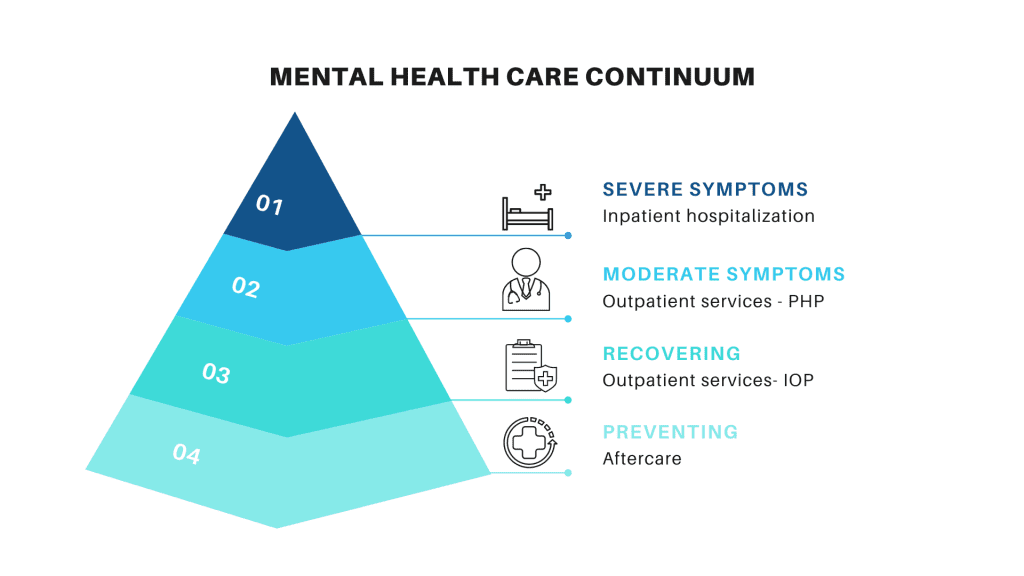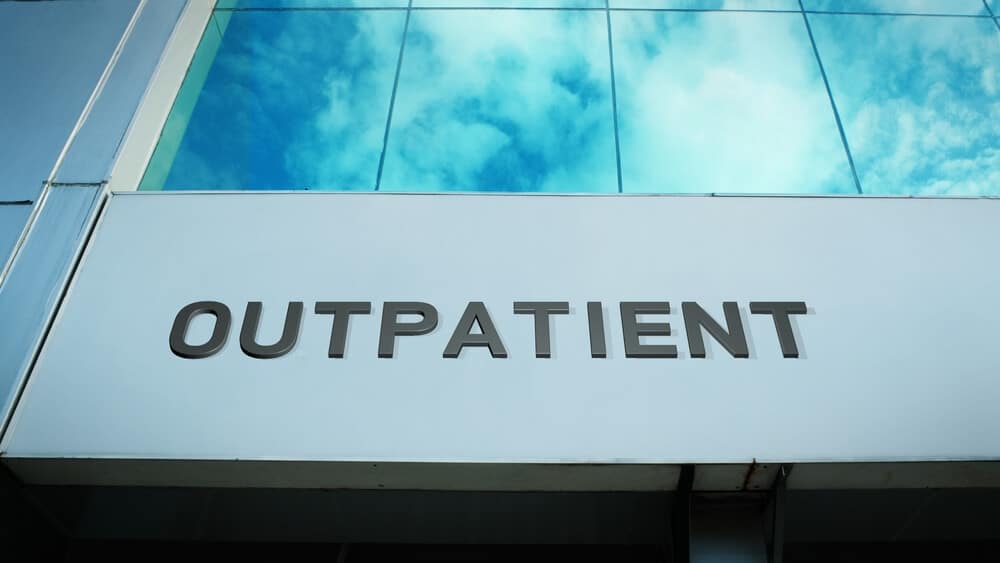What Is Partial Hospitalization Program (PHP) for Addiction?
When it comes to addiction recovery, finding the right treatment program is essential to ensuring long-term success. One effective option for those seeking intensive care without the need for full-time residential treatment is the Partial Hospitalization Program (PHP). But what exactly is PHP, and how does it benefit individuals in addiction recovery?

Understanding PHP: The Basics
A Partial Hospitalization Program (PHP) is a highly structured treatment option that provides comprehensive care for individuals recovering from addiction. PHP is a step down from inpatient treatment but more intensive than traditional outpatient programs. It offers a high level of support for those who need consistent monitoring and therapy but do not require 24/7 residential care.
PHP typically involves daily or near-daily treatment sessions that include a combination of therapy, medical support, and life skills training. These programs are designed to help individuals stabilize in their recovery and learn how to manage the challenges of sobriety while still living at home or in a supportive environment.
Who Is PHP Best Suited For?
PHP is often recommended for individuals who:
- Have completed an inpatient or residential treatment program and need continued, structured support.
- Are transitioning from an inpatient setting but still require more intensive care than a traditional outpatient program can provide.
- Are dealing with co-occurring disorders, such as addiction combined with a mental health condition like depression, anxiety, or PTSD.
- Require medical monitoring during their recovery process but do not need round-the-clock supervision.
PHP is particularly beneficial for individuals who need a high level of care but prefer the flexibility of living at home or in a sober living environment, allowing them to practice the skills they learn in real-life situations.

What Does PHP Involve?
A Partial Hospitalization Program typically includes a wide range of treatment services that are customized to the individual’s needs. Some of the key components of PHP include:
- Individual Therapy: One-on-one sessions with a licensed therapist to address the root causes of addiction, identify triggers, and develop coping strategies.
- Group Therapy: Participation in group sessions with peers who are also in recovery. This setting allows individuals to share their experiences, learn from others, and build a strong support system.
- Family Therapy: Addiction affects the entire family, and family therapy sessions are an essential part of PHP. These sessions help improve communication, rebuild trust, and educate family members on how to support their loved one’s recovery.
- Medical Support: Individuals in PHP often receive regular medical monitoring to ensure their physical health is stable during the recovery process. This can include medication management, especially for those with co-occurring disorders.
- Life Skills Training: PHP focuses on equipping individuals with the practical skills needed to navigate daily life without turning to substances. This can include stress management, communication techniques, and relapse prevention strategies.
- Relapse Prevention Education: Relapse prevention is a core component of PHP. Patients learn how to identify and avoid triggers, develop healthy coping mechanisms, and create a solid plan for maintaining long-term sobriety.
Flexibility and Structure: The Balance of PHP
One of the key benefits of a Partial Hospitalization Program is the balance it offers between intensive care and flexibility. Participants attend treatment sessions during the day, often five to seven days a week, but return home in the evenings. This allows individuals to apply what they’ve learned in a real-world setting and begin reintegrating into daily life while still receiving significant support.
PHP is designed to provide a higher level of care than an Intensive Outpatient Program (IOP), making it ideal for individuals who need more hands-on medical or psychological support as they progress through recovery.
Why Choose PHP Over Other Treatment Options?
For individuals who need a significant level of care but do not want or cannot commit to full-time residential treatment, PHP offers a robust alternative. PHP provides a structured, safe environment for individuals to address their addiction while gradually transitioning back into their daily routines. It’s particularly effective for individuals who need frequent medical monitoring, are dealing with complex mental health issues, or are at risk of relapse.
PHP can also serve as a step down from inpatient care, offering a continuum of care that allows individuals to ease back into normal life while still receiving the treatment they need.
The Success of PHP at Overland IOP
At Overland IOP, we provide a highly individualized approach to addiction treatment through our Partial Hospitalization Program. Our PHP offers a structured, supportive environment where patients can engage in evidence-based therapies while benefiting from medical oversight and flexible scheduling.
Our team of licensed professionals is experienced in treating both addiction and co-occurring mental health disorders, ensuring that each patient receives comprehensive care tailored to their specific needs. At Overland IOP, we are committed to helping individuals build a foundation for long-term recovery.


A Partial Hospitalization Program (PHP) is an ideal treatment option for individuals who require intensive addiction treatment without the need for 24/7 residential care. PHP offers the structure, support, and medical oversight necessary for individuals to achieve stability in their recovery while still allowing them the freedom to return home at the end of each day.
If you or someone you know is struggling with addiction, PHP may be the right choice for continued support and recovery. Contact Overland IOP today to learn more about our PHP services and how we can help you or your loved one on the path to lasting recovery.
Published: September 23, 2024
Last Updated: August 24, 2025

Published: January 27, 2026
What Is DPD? Understanding Dependent Personality Disorder
Most people don’t ask, “What is DPD or Dependent Personality Disorder?” They come in feeling drained, anxious, and stuck in relationships that feel restrictive yet hard to leave. Being alone feels unsettling. Decision-making feels paralyzing. Reassurance becomes a daily necessity rather than a comfort. At Overland IOP in Los Angeles, we often see Dependent Personality […]
Read more
Published: January 18, 2026
IOP Program Requirements: What to Expect?
If you’re exploring an Intensive Outpatient Program (IOP), one of the first questions that usually comes up is simple but important: Do I qualify—and what does an IOP actually require? At Overland IOP, IOP is designed for people who need structured, consistent support for mental health and/or substance use—but who don’t require 24/7 residential care. […]
Read more
Published: December 15, 2025
Behavioral Health During the Holidays: Managing Stress, Anxiety & Emotional Triggers
Why the Holidays Are Harder Than They Look? For many people, the holiday season is portrayed as joyful and restorative. In reality, December is one of the most emotionally challenging months of the year, especially for individuals navigating mental health conditions, substance use recovery, or emotional regulation difficulties. According to the National Alliance on Mental […]
Read more
